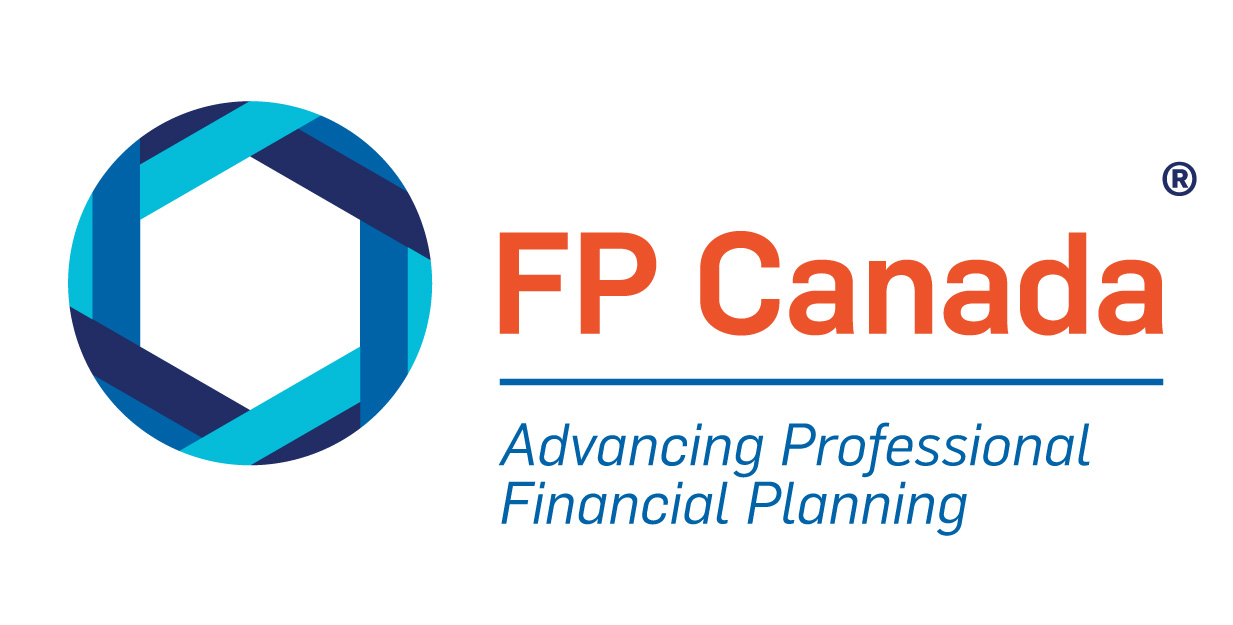Ensuring you work with a financial planner who understands your unique needs is one of the keys to establishing a successful relationship and achieving financial well-being.
Professional financial planners, such as QAFP® professionals and CFP® professionals, must develop adequate knowledge, skills, and experience - and meet significant ethics requirements. Earning a highly reputable financial planning certification can make all the difference. Also key is adherence to a code of ethics that ensures a planner puts their clients’ interests ahead of their own.
Tips for Choosing the Right Planner For You
Check out these tips for finding a professional financial planner who can support your financial goals and set you on the path toward financial well-being.
Prepare and do your research
Do some research to become familiar with financial planning terms and strategies. While a good financial planner will explain things as you go along, understanding the basics will allow you to be more involved in the process.>
Think about your financial and personal goals
Financial planning is about finding the right strategies and taking the appropriate steps to meet your life goals. Take the time to reflect on what's most important to you.
Understand fee structures
Your planner should disclose in writing how they will be paid for the services they provide. Planners can be paid through the cost of products you purchase, as a percentage of assets they manage on your behalf, or through a fee-for-service model based on hourly or set fees. Understand how you will pay for services and choose the model that works best for you.
Demand experience and an understanding of ethics
There are a variety of different designations in the financial services industry, and some only require minimal education (such as day or weekend courses). The CFP certification and QAFP certification represent a high standard. Don’t be afraid to ask any planner you’re considering working with about their education, experience, and the code of ethics they adhere to.
Perform due diligence
Take the time to verify a planner's credentials by contacting his or her professional body. You can verify that a CFP professional or QAFP professional is certified and in good standing using our Find Your Planner tool.
Get it in writing
Insist on a written letter, sometimes called an engagement letter, that will outline the business relationship between you and your planner. It will include information about how they’re compensated, among other critical pieces of information.
Reassess the relationship regularly
Frequent communication is crucial to a good relationship with your professional financial planner. Make sure they understand your needs as they change over time and have your plan updated accordingly.
To find the right CFP professional or QAFP professional for you, use our Find Your Planner tool.

 Find Your Financial Planner
Find Your Financial Planner

